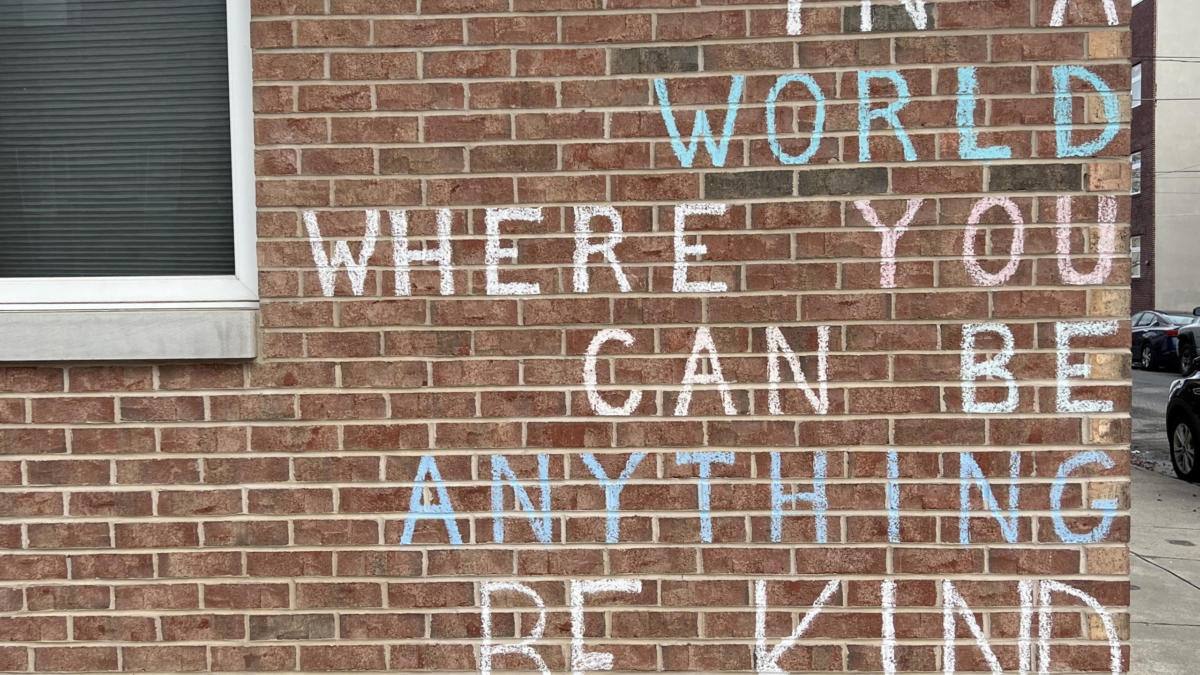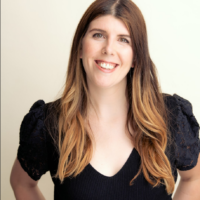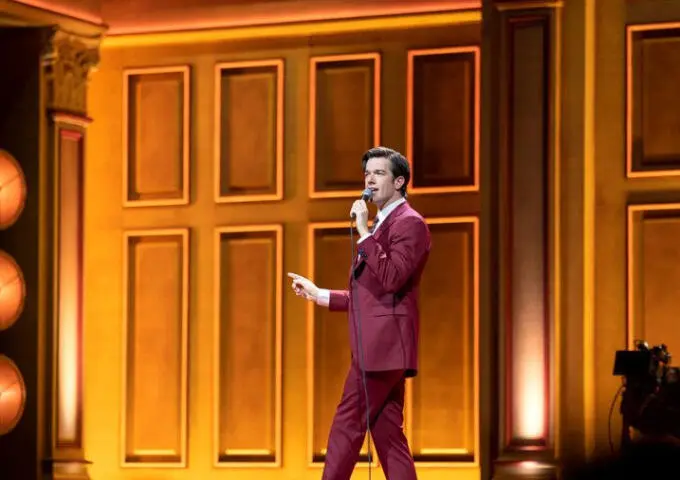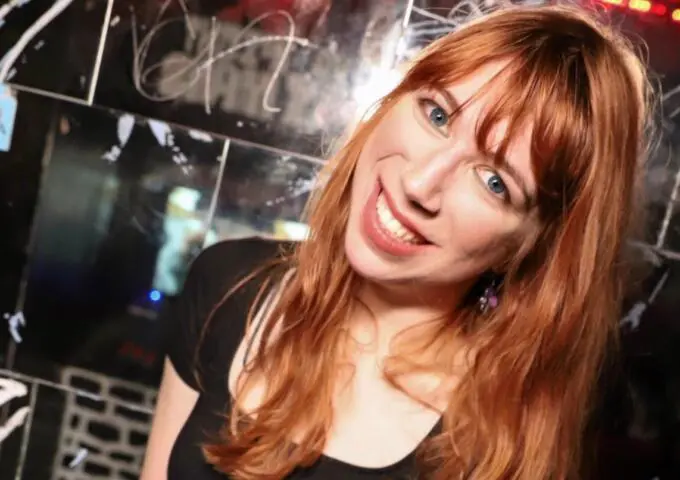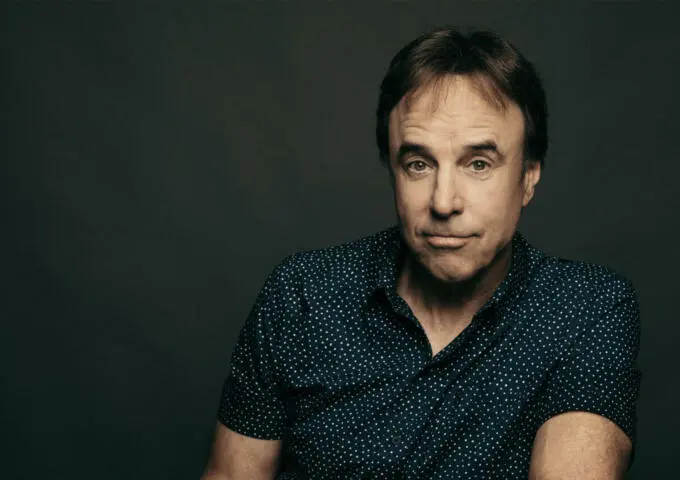As the CDC removes the mask mandate, it’s almost like everyone is returning to their normal programming. Those who can afford to return to it shout, “The pandemic is OVER!,” mask-less and two inches away from you, even though you politely ask them not to. In spite of the shouts, the global pandemic still goes on. The daily trend in the numbers of COVID-19 deaths in the United States was 1,566 new deaths on March 4th, 2022 (Covid Data Tracker). The chart spiked to the second-highest number of deaths in one day in the entire pandemic on February 2, 2022. Sure, people would love to get back to “normal,” but as the CDC pulls the mandate, it feels like many versions of “normal” have a lot of privilege attached.
Anger, fear, and frustration are being expressed in vulnerable communities as they are once again unfairly discounted. Elliot Kukla, a Rabbi, states that “Taken together, the stark message to chronically sick, disabled people and elders is that we are ‘acceptable losses’” (My Life Is More Disposable In This Pandemic, New York Times). Matthew Cortland, JD (@mattbc), a lawyer who is chronically ill and disabled (they/them) tweets, “When public health officials refuse to take questions from chronic illness, disability, and ageing organizations, that’s a sign they know they’ve f*cked us over- and they just don’t care.” Not to mention the fact that “up to 59% of the U.S. population is comprised of people who are typically not included in clinical trials — children, the elderly, and people with intellectual or physical disabilities” (Already Vaccinated? Here’s Why You Shouldn’t Stop Wearing Your Face Mask Yet, Cleveland Clinic). Unlike those who were included, these communities don’t have the data to reassure them how they will react to the vaccine.
When actions as small and temporary as social distancing and wearing a mask are no longer required by law, how many people will have to die for all of us to collectively put others before ourselves? 6 million and counting Covid deaths (CDC.gov) feels like too many, yet people still express that a mask infringes upon their “freedom.” This “freedom,” the mere act of being able to state that “if it doesn’t affect me, I don’t have to care about it,” is a privilege. The CDC’s list of high-risk individuals includes those who are smokers, pregnant, have mental health conditions, are obese, have heart conditions, have cancer, and are physically inactive, among many others. That is a lot of people who are currently less important than the simple, temporary, and effective safety measures of masks and social distancing.
The cracks were always there, but they are being exacerbated by a global pandemic. “With millions under lockdown, many non-disabled people are experiencing, for the first time, how it feels to have external barriers preventing you from participating in everyday life” (Why coronavirus may make the world more accessible, BBC). People who had been asking for years to work from home were finally given the option, but only because everyone now needed it. “Many of the solutions we’ve needed for this pandemic are the same solutions, like remote working, that disabled people have been requesting for years” (Why coronavirus may make the world more accessible, BBC).
No one questioned it or forced anyone to disclose an invisible disability against their will. Even though we were told it was impossible, we saw it happen. During the pandemic, art became more accessible. You could audition remotely, produce showcases and shows on Zoom, and stream theater and new movies without leaving your house. It felt like concrete proof that a new normal was possible, a normal that many people fought to see for a very long time. “Hopefully this pandemic has shown people that you can be trapped at home, by no fault of your own, and you can still contribute,” says Mike Scarlet, an expert in the field of access and inclusion for disabled people. “In the same way that we’re trying to plan our end of lockdown, can we also plan for the end of society being inaccessible?” (Why coronavirus may make the world more accessible, BBC)
When the mandates were in place, it felt like there was a collective “we” that, for the first time in American history, included everyone. In many small and simple ways, this pandemic showed us that helping each other was possible. The stark reality is that it was only possible because we were forced to. Flu deaths were down from 22,000 in 2019-20 to 700 in 2020-21. From 2021-22, they were completely eliminated (Flu Has Disappeared for More Than a Year, Katie Peek). Wearing a mask can be less than ideal, but so many people are still here because we eliminated the flu. Look how much can be accomplished when there is no other option- GO TEAM!
According to their website, “the CDC works 24/7 to protect America from health, safety and security threats, both foreign and in the U.S.” Although it says “America,” it feels like they meant “the healthy parts of America” based on their decision. Ironically, the CDC also has an infographic on their website that says “Disability Impacts ALL of US.” If this is true, why didn’t it change their decision? If “public health is for all of us”, why were the 61 million adults that live with a disability (CDC.gov), the 1.2 million people living with HIV (KFF.org), and the many others who are high-risk not prioritized over those who are more likely to survive?
The programming that we’re returning to in America was always more suited to some than others. There have always been stigmas around certain groups that deem them more disposable, with or without a pandemic. This isn’t new. “The more protections that we remove, the less accessible the rest of the world becomes to people who are high-risk,” [Sara] Willette, who has Common Variable Immunodeficiency Disorder (CVID), said in CNN’s article “As the US looks to move on from COVID-19, high-risk and disabled Americans feel forgotten.”
The pandemic showed us these things were a reality, which was monumental. Everyone could see that these options were possible because they couldn’t be withheld. When we are shown this, we can choose to listen to it and learn from it. I attended an Americans with Disabilities Act at 31 webinar over the summer and one quote that was extremely powerful was “Disability stems from the barriers that society puts on people to prevent them from living their chosen life. We must continue to remove these barriers.”
It’s as simple as respect. Who do we choose to give it to, and how? How much of who we choose to respect is shaped by who society tells us to respect through laws and majority rules? By removing a barrier as small as a mask, a barrier that the healthy can most likely survive without, there is a detrimental bigger picture here. There may never be a collective “we,” but, individually, we can choose to help to remove all barriers that prevent others from living their chosen life throughout this pandemic and beyond. At the very least, masks and testing feel like one small way we can do that, even at a time when we are not required to by law.
